Yes the padel is doing well. But the energy crisis is everywhere. And the final score is expensive, to the point of posing cash flow problems for clubs of padel which belong to the commercial sector.
The government has announced public aid. But according to the Union Sport et Cycle, the leading professional organization of companies in the commercial sports leisure sector, “government aid does not reach its target by excluding the commercial leisure sector".
Who are we talking about ?
We are talking about the commercial leisure sector, which means that it concerns companies which offer paid services against the payment of monetary remuneration and which generate a profit (source: Wikipedia). It is opposed to the non-market sector which concerns public administrations and associations (non-profit).
Numbers:
Commercial sporting leisure in France is:
- 7 establishments
- more than 40 employees
The structures concerned by commercial sporting leisure are mainly:
- gyms
- climbing halls
- 5-a-side football structures
- clubs padel
- swimming pools and ice rinks in public service delegation
The non-eligible market sector
The market sector (private structures) has already suffered after two years of Covid-19. For Union Sport et Cycle, with the energy crisis, the government did not realize the seriousness of the situation for these sports structures directly confronted with rising energy costs.
Indeed, they "find themselves excluded from assistance schemes”.
Energy-intensive sports clubs
These companies consume “large volumes” in energy. However, to claim government aid, it is necessary, among other things, to have electricity meters whose power is less than 36kVA.
And that's where it gets stuck, since precisely "sur recommendation of energy suppliers, almost all of the electricity meters in sports halls have powers greater than 36kVA”explains the organization to us.
And this while these sports clubs are most often VSEs with less than 10 employees and achieving less than 2 million euros in turnover.
A reduced profit in 2021
In addition, the government is based on an EBITDA (earnings before interest, taxes, depreciation and amortization) of 2021 while clubs of padel were partially (sometimes totally) closed for the first six months of this year and/or suffered restrictions due to the economic and health environment that reigned there (mask, health pass, etc.)
What solutions?
Consequence of the energy crisis: the sometimes tenfold increase in the energy bill. These costs can put businesses at risk.
Union Sport & Cycle brings ideas to the government which they believe should:
- Weight the power criterion of the electric meter with the commercial surface of the company;
- Replace the rule of variation in EBITDA and decrease in EBITDA compared to 2021 by a fixed criterion of negativity for EBITDA and EBITDA 2022, with at least 70-80% of the eligible additional cost covered ( as for aid known as "fixed costs").
To find out more: HERE
Source: Union Sport & Cycle
Franck Binisti discovers the padel at the Club des Pyramides in 2009 in the Paris region. Since padel is part of his life. You often see him touring France going to cover the major events of padel French.

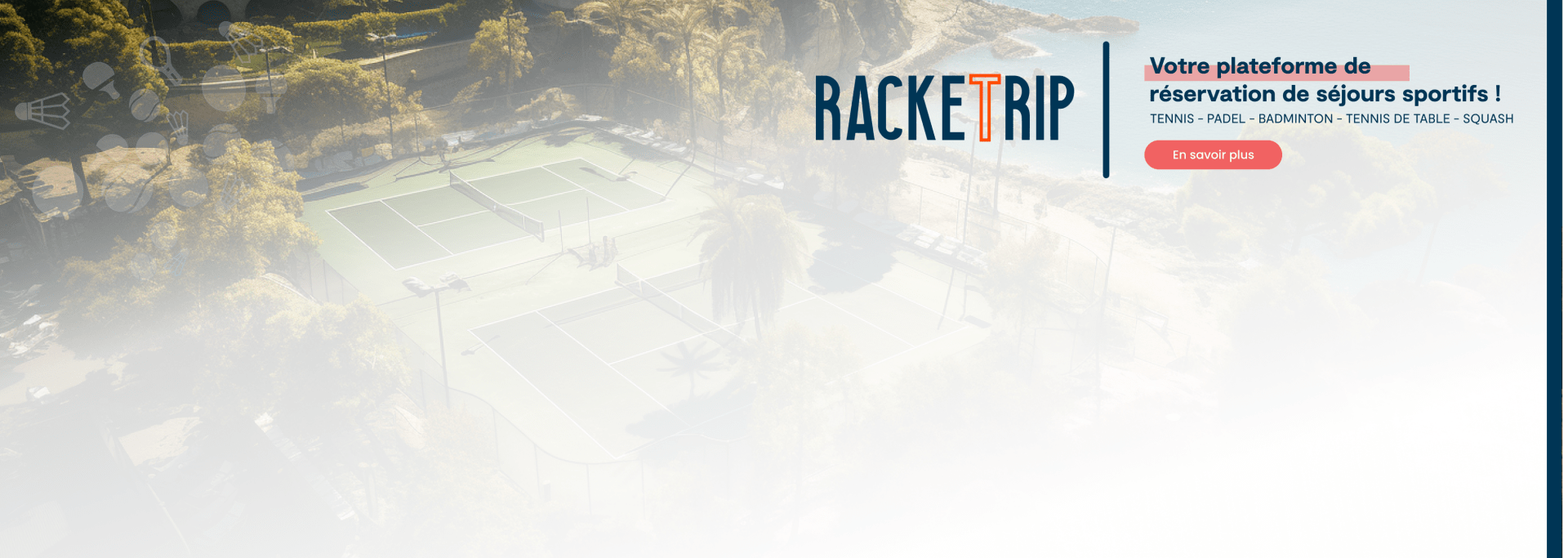


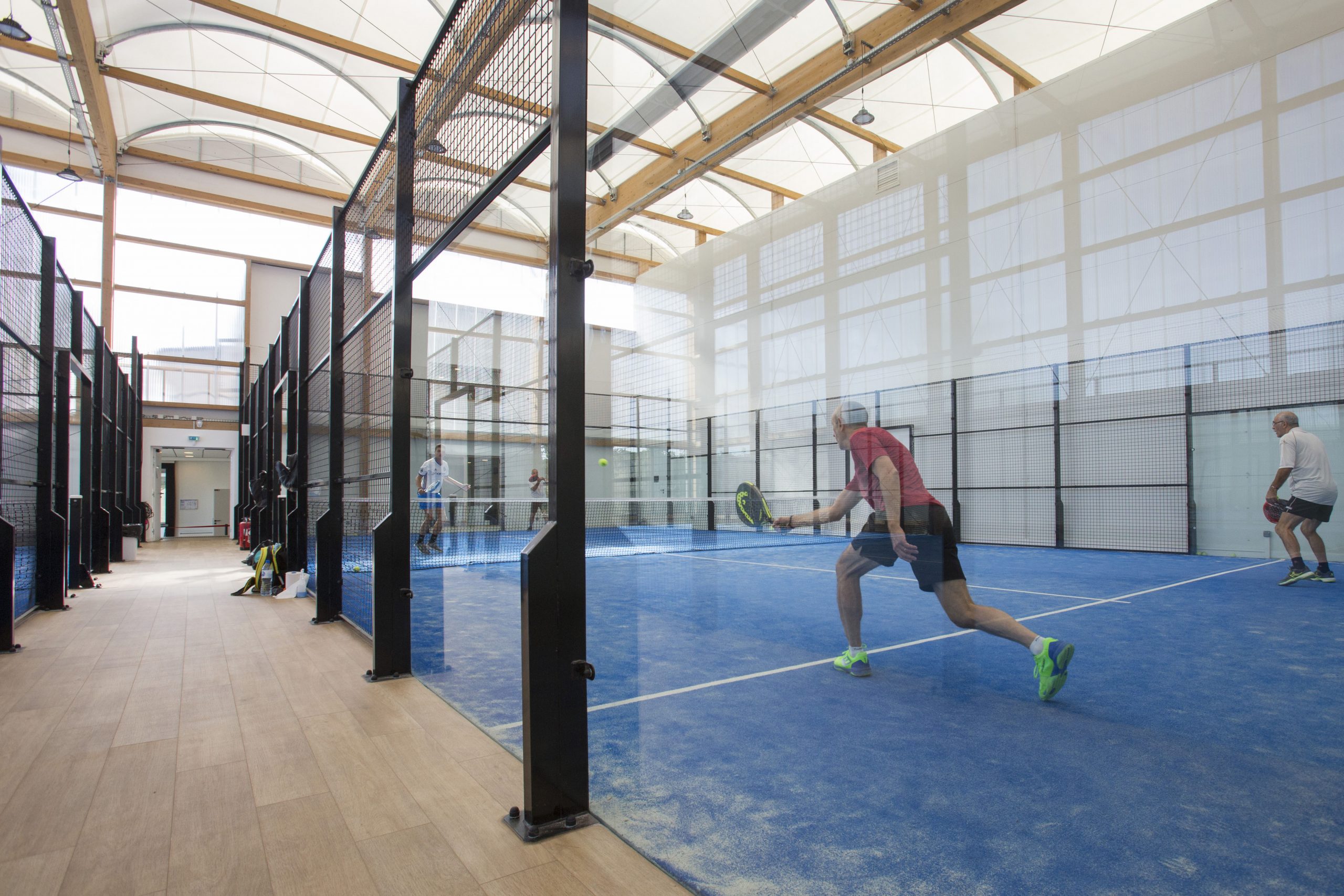


















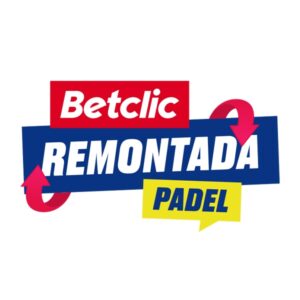






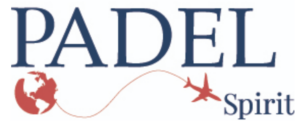
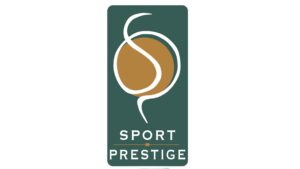
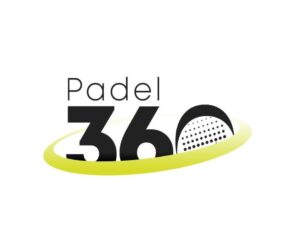
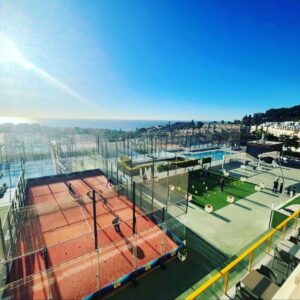



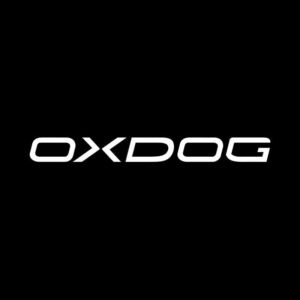
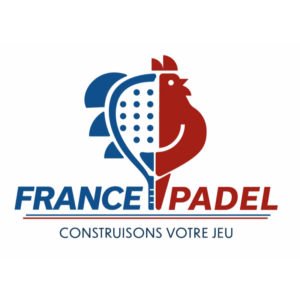




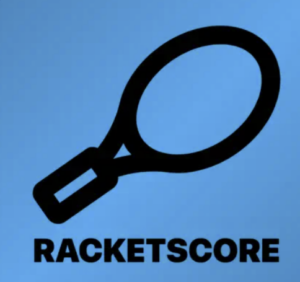
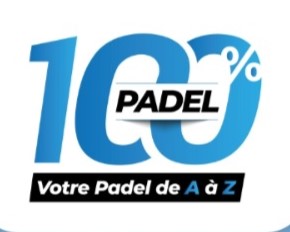
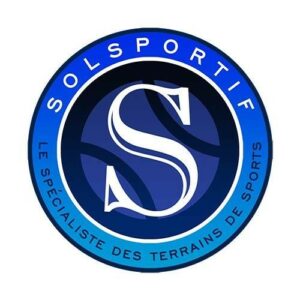
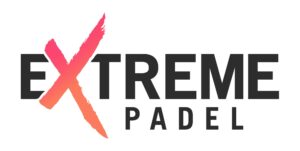

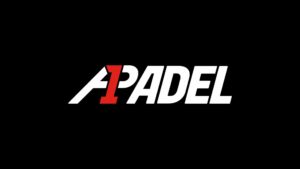





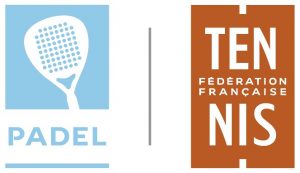

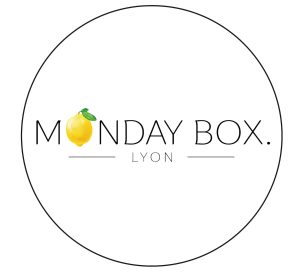

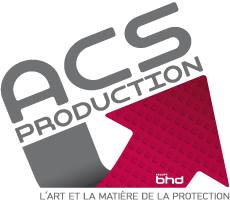












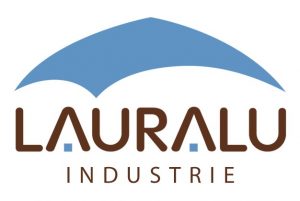

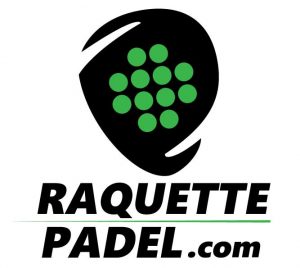



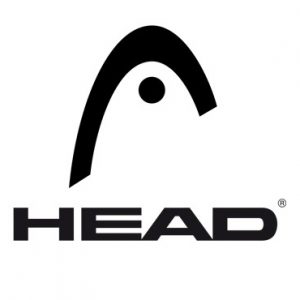



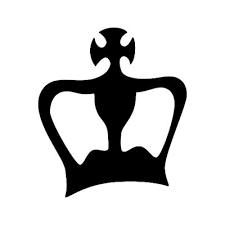

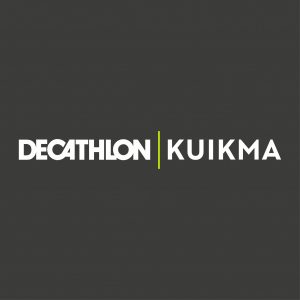


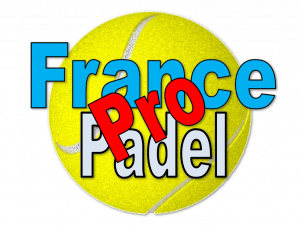

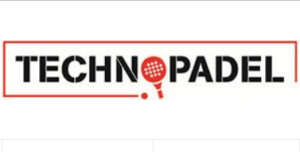


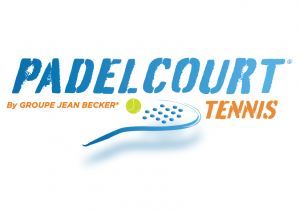


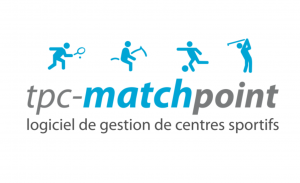

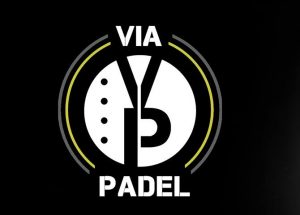




 Premier Padel Brussels P2 – The break obviously did Sanchez / Josemaria good!
Premier Padel Brussels P2 – The break obviously did Sanchez / Josemaria good! Premier Padel Sevilla P2 – From the waiting list to previas for Dylan Guichard and Ricardo Martinez!
Premier Padel Sevilla P2 – From the waiting list to previas for Dylan Guichard and Ricardo Martinez! Miguel Lamperti: three tie-breaks and a return to the quarter-finals!
Miguel Lamperti: three tie-breaks and a return to the quarter-finals! Guillaume Codron de Sud Padel : “A family project”
Guillaume Codron de Sud Padel : “A family project”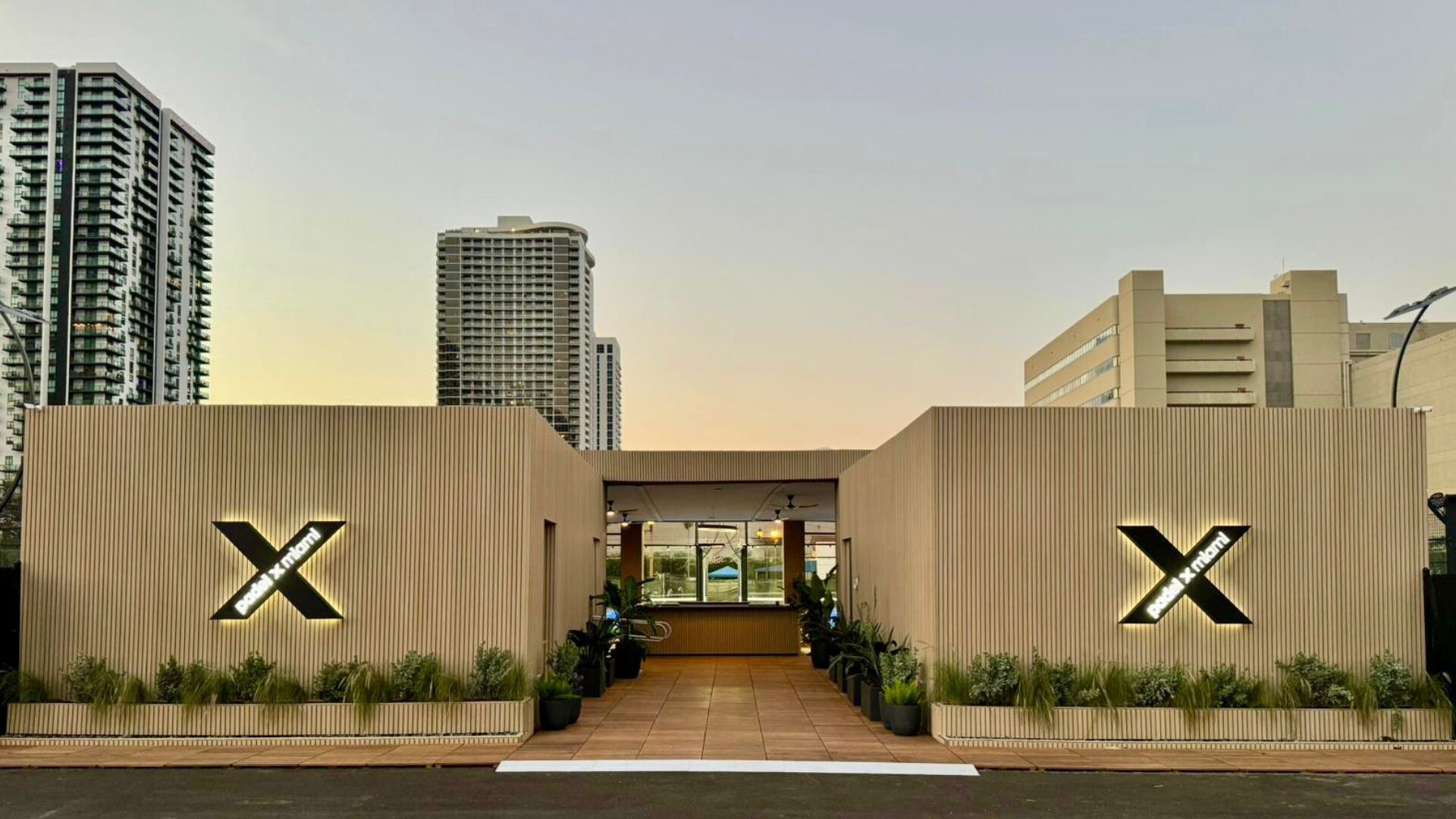 Nallé Grinda: “Democratize the padel in the USA with PadelX "
Nallé Grinda: “Democratize the padel in the USA with PadelX "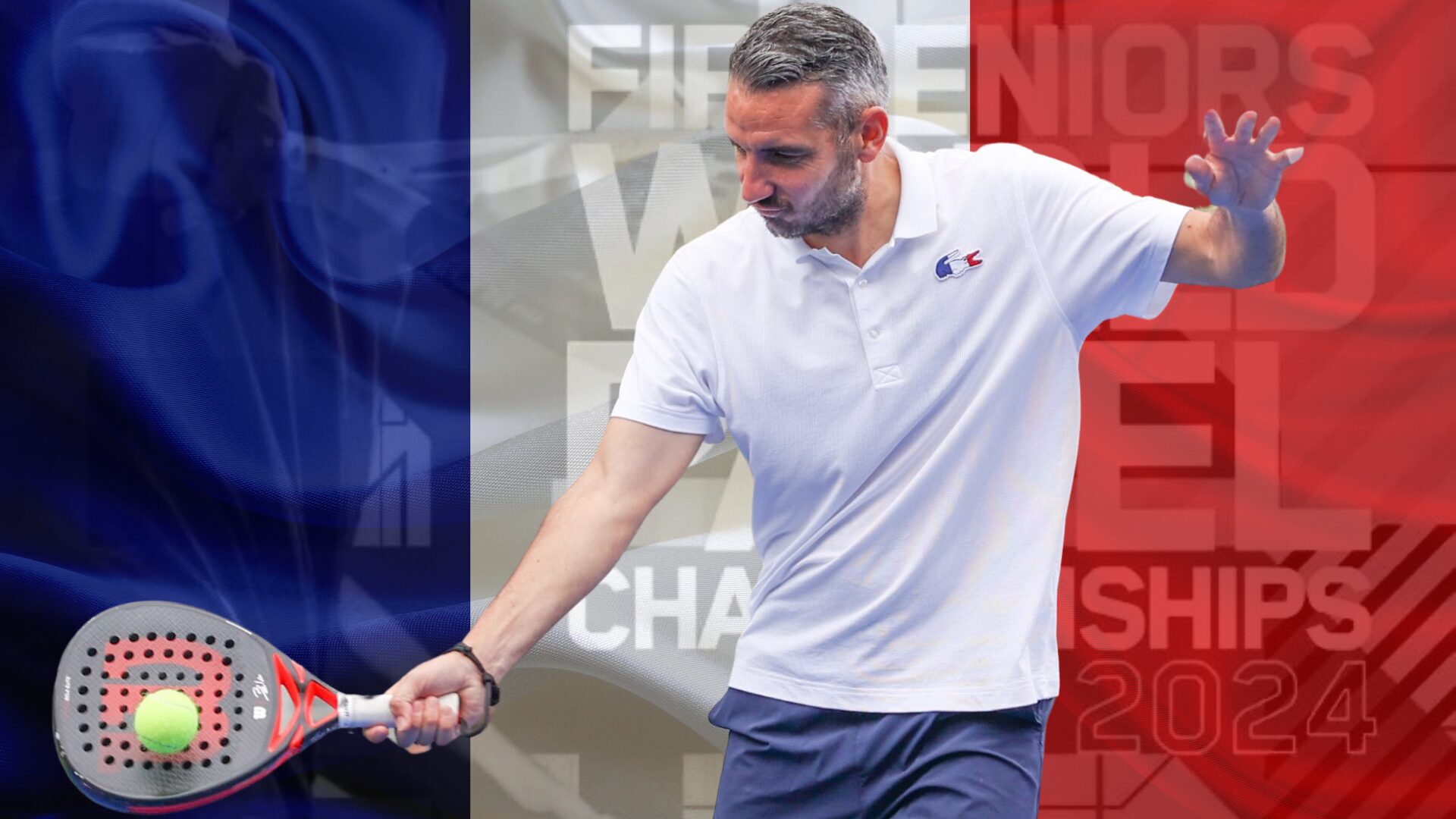 Simon Boissé: “We know that there are two nations in front of us”
Simon Boissé: “We know that there are two nations in front of us”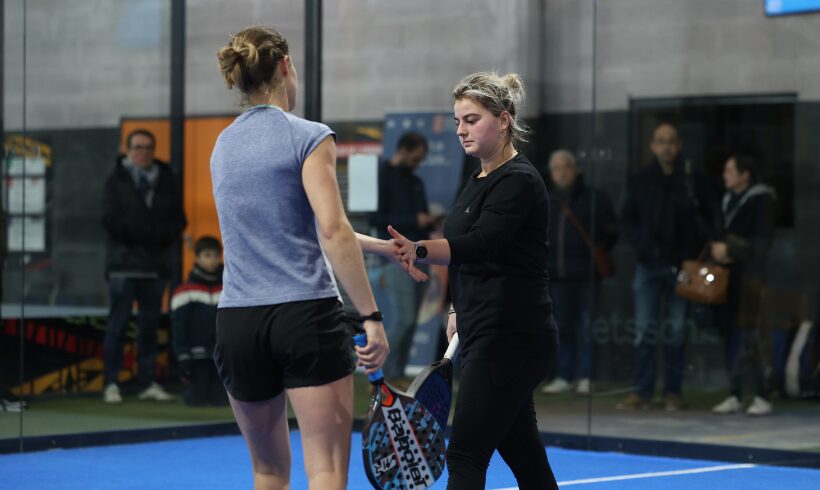 Marie Maligo: “This period of frequent changes of partners was beneficial for me”
Marie Maligo: “This period of frequent changes of partners was beneficial for me”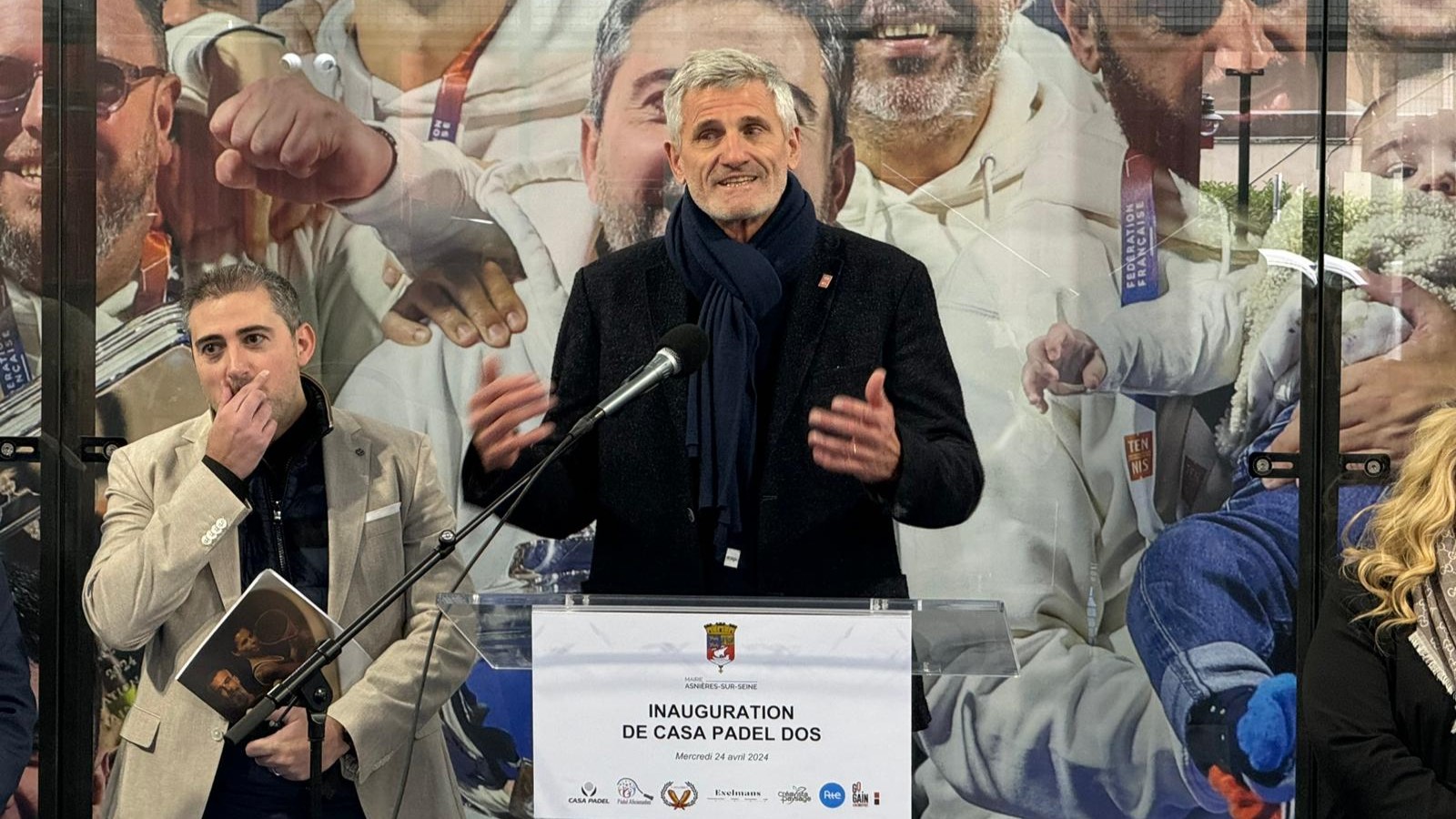 Gilles Moretton: “We will be able to put the padel at the level of tennis”
Gilles Moretton: “We will be able to put the padel at the level of tennis” Two P1000 doubled prize money approaching!
Two P1000 doubled prize money approaching!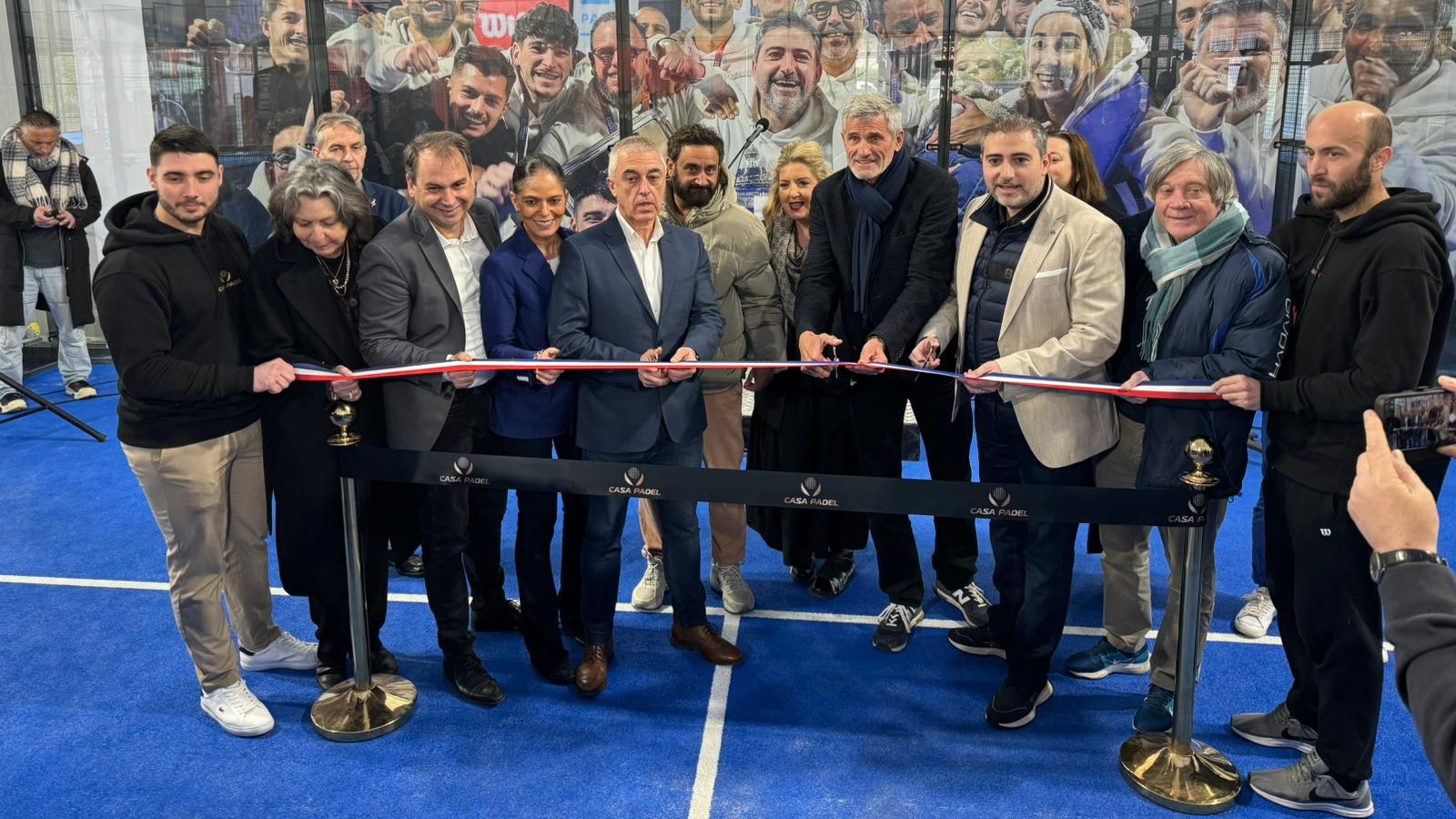 José Manuel Escin at the inauguration of Casa Padel DOS: “Finally, and thank you!”
José Manuel Escin at the inauguration of Casa Padel DOS: “Finally, and thank you!”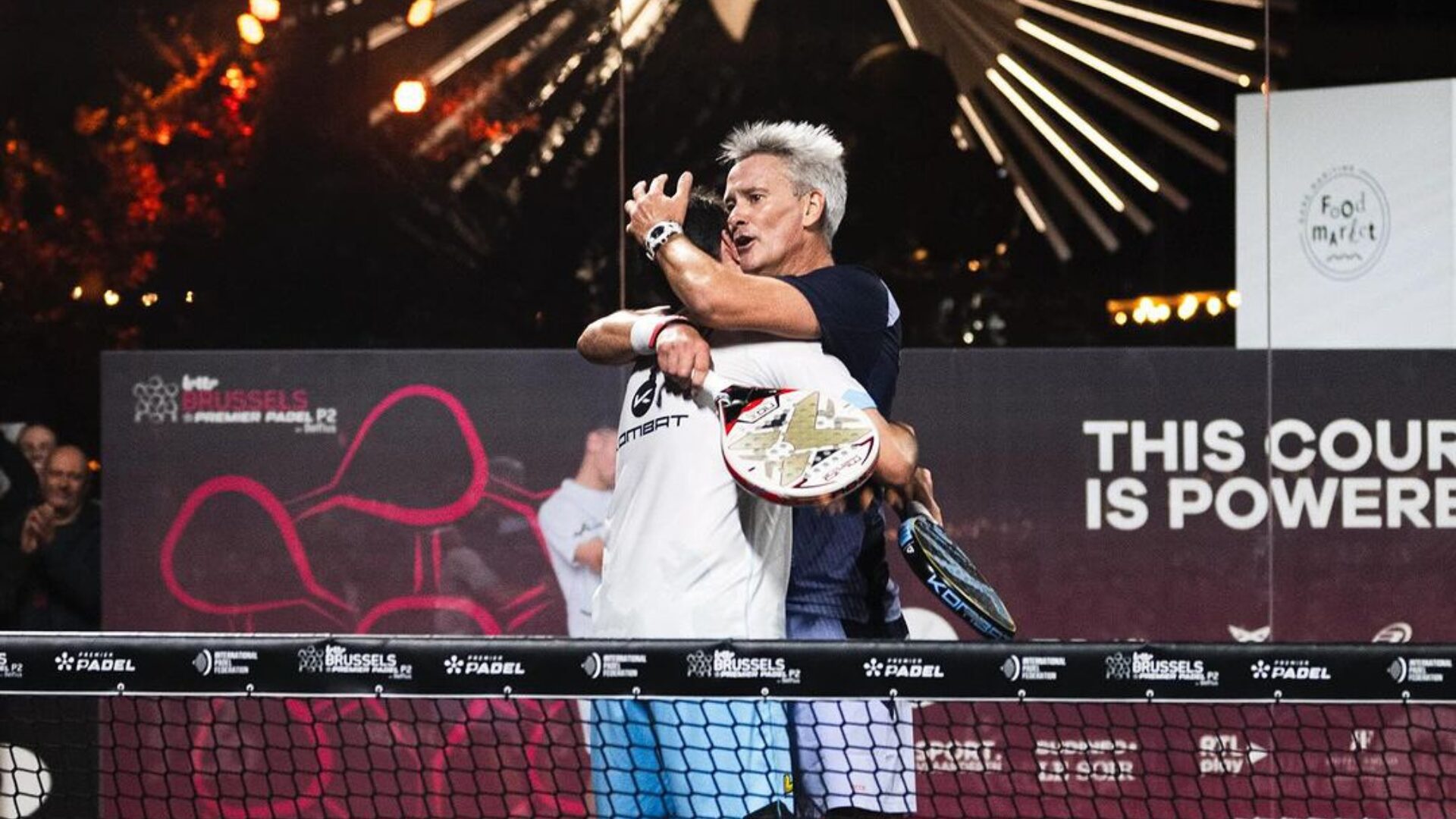 Big evening in Brussels with two seeded players on the mat, heckled number 1s…
Big evening in Brussels with two seeded players on the mat, heckled number 1s…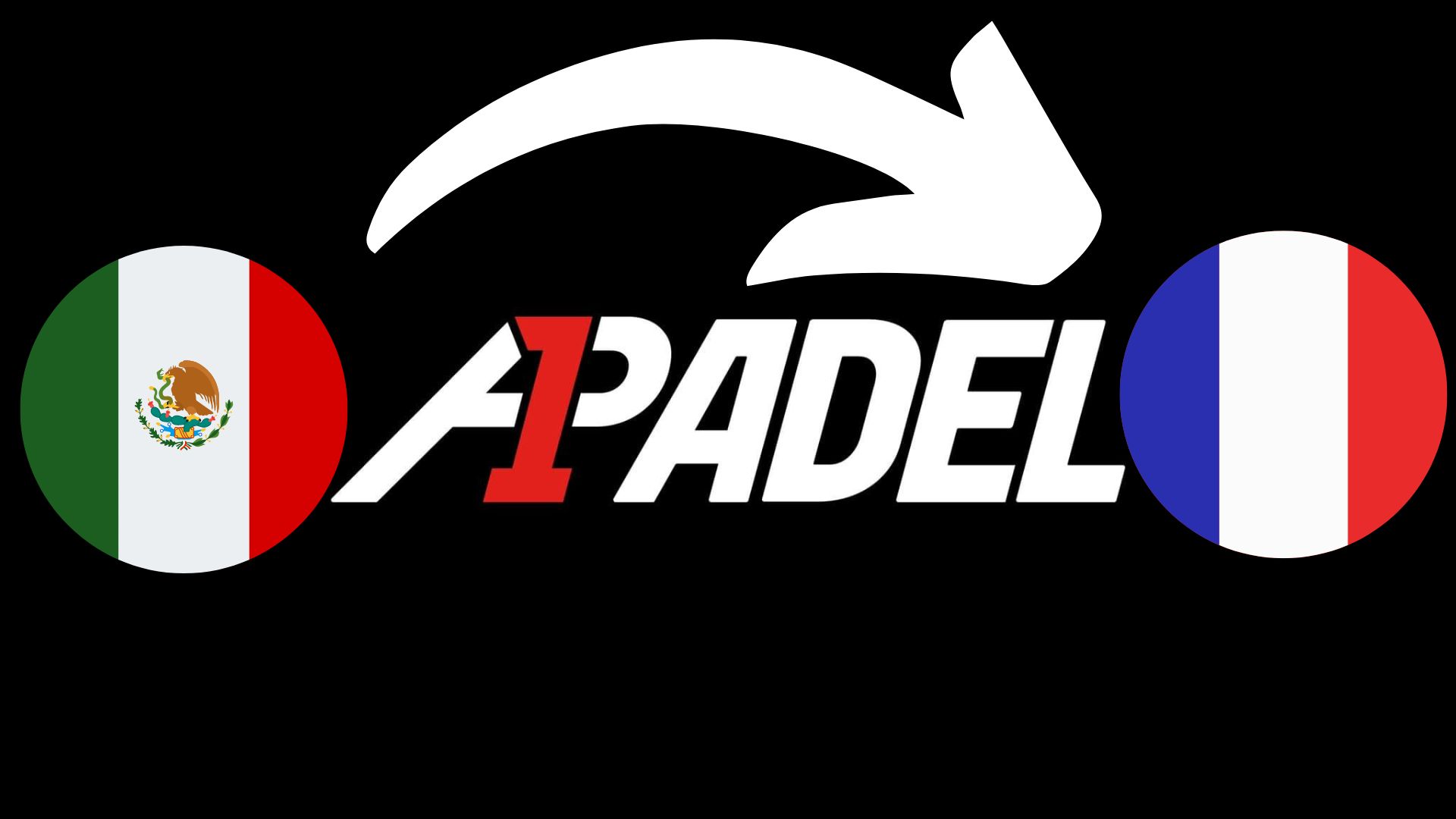 A1 Padel – the French Open replaces the Mexican Open on the calendar
A1 Padel – the French Open replaces the Mexican Open on the calendar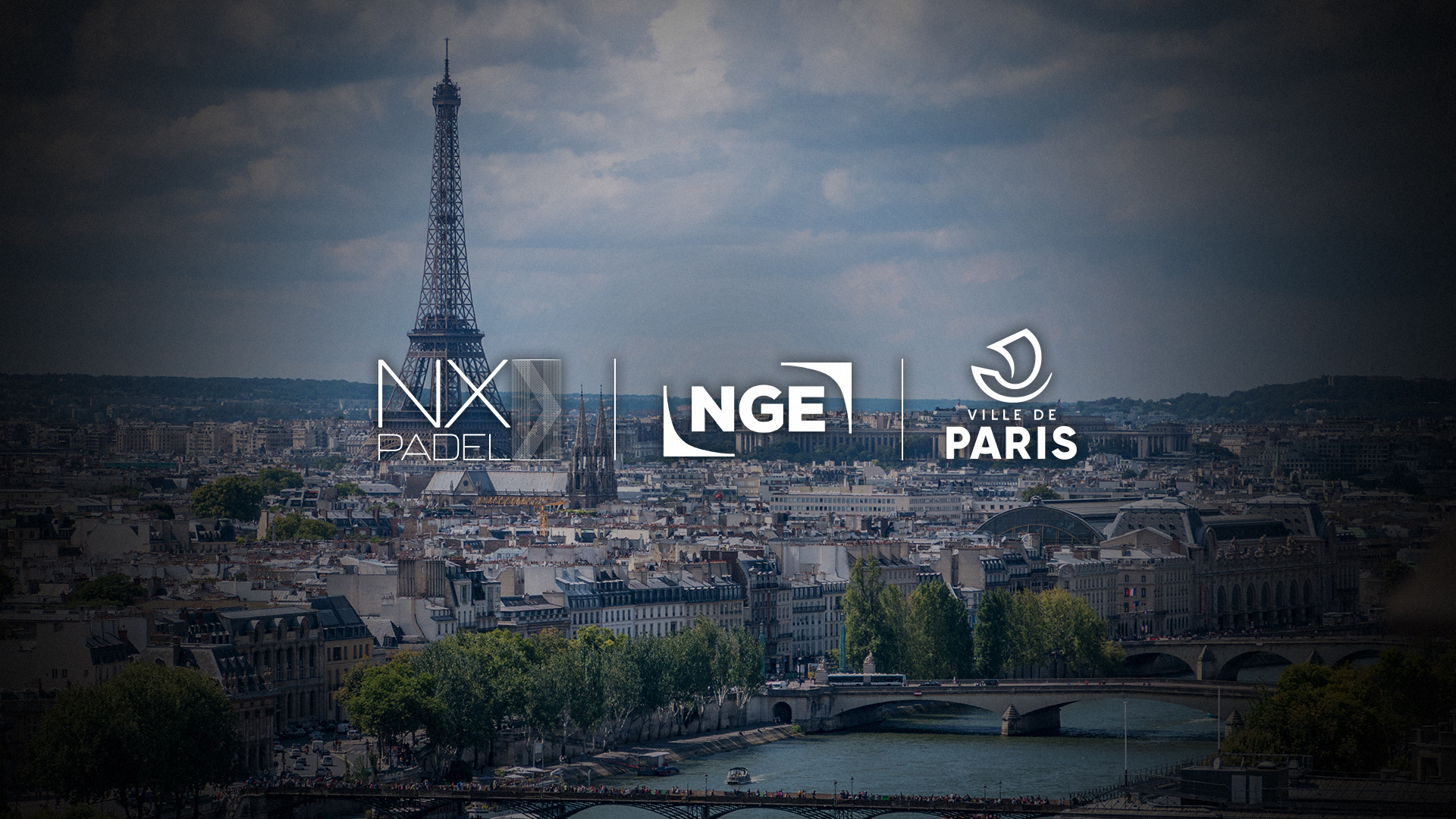 4 Fiberglass Padel Courts for The Ville de Paris: a choice that looks to the future
4 Fiberglass Padel Courts for The Ville de Paris: a choice that looks to the future Brussels Premier Padel Brussels P2 – Collombon / Bidahorria falls against Brea / Gonzalez
Brussels Premier Padel Brussels P2 – Collombon / Bidahorria falls against Brea / Gonzalez Padel Score comes to Tahiti for American Express Padel Cup!
Padel Score comes to Tahiti for American Express Padel Cup! Do you know the Rafa Nadal Academy Tour?
Do you know the Rafa Nadal Academy Tour?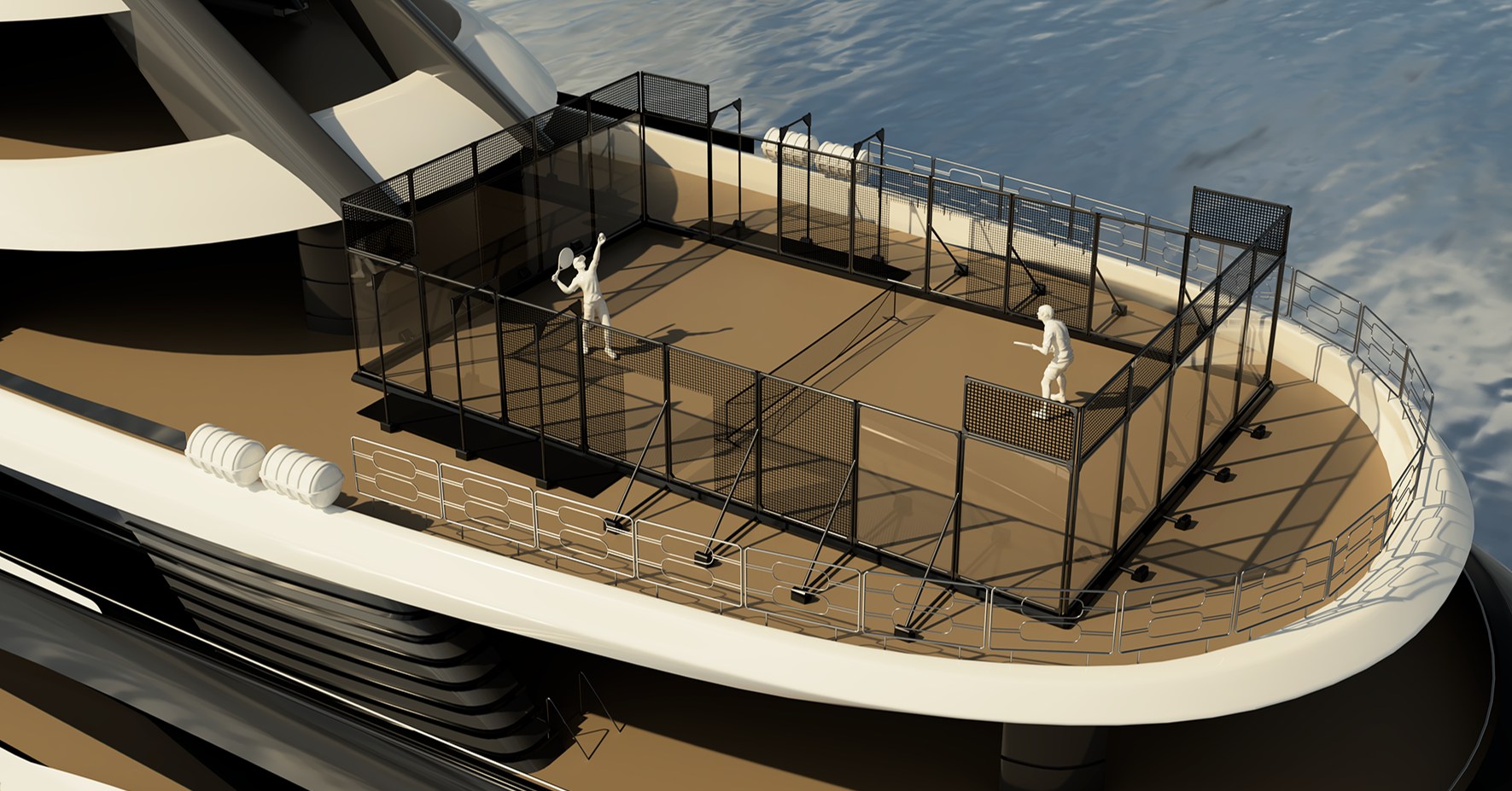 Play at padel on his yacht? Possible for €233.000!
Play at padel on his yacht? Possible for €233.000! Our Top 10 training courses padel in France and Europe
Our Top 10 training courses padel in France and Europe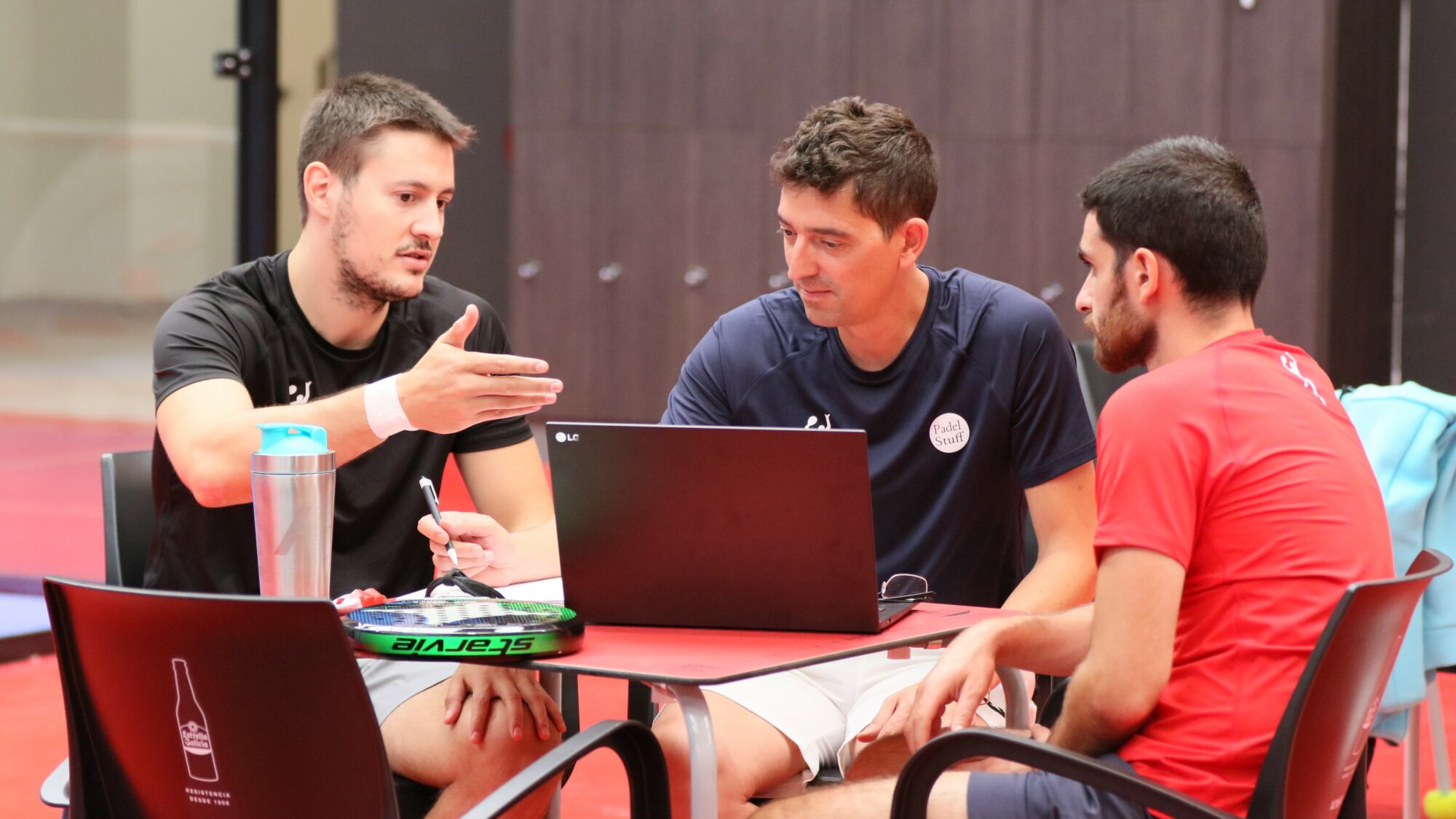 At the heart of padel – Episode 25: Paul and Andoni answer your questions
At the heart of padel – Episode 25: Paul and Andoni answer your questions Tactical padel – What to do when faced with players who systematically stay at the bottom?
Tactical padel – What to do when faced with players who systematically stay at the bottom?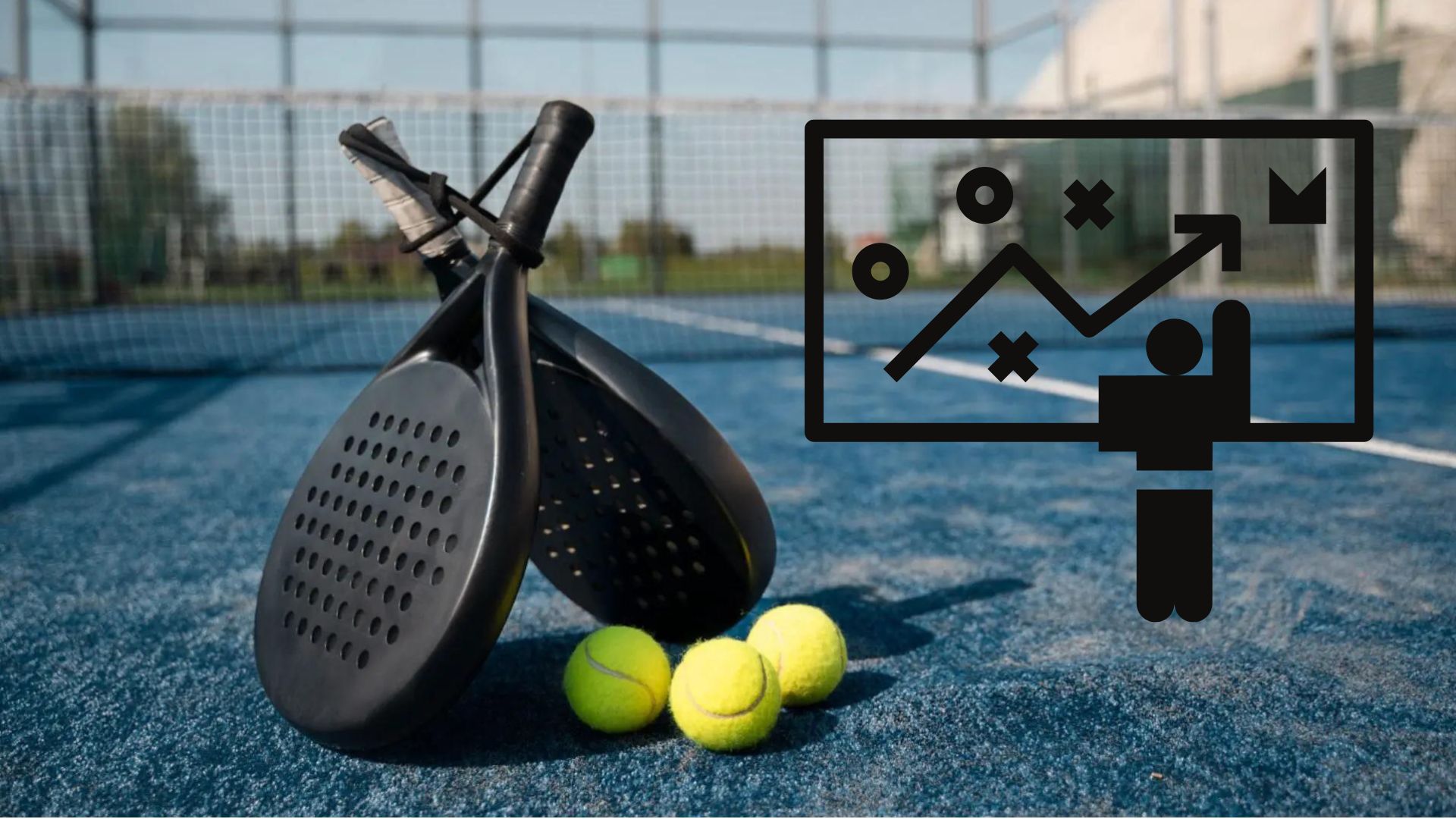 The basic tactics of padel
The basic tactics of padel At the heart of padel – Episode 25: Paul and Andoni answer your questions
At the heart of padel – Episode 25: Paul and Andoni answer your questions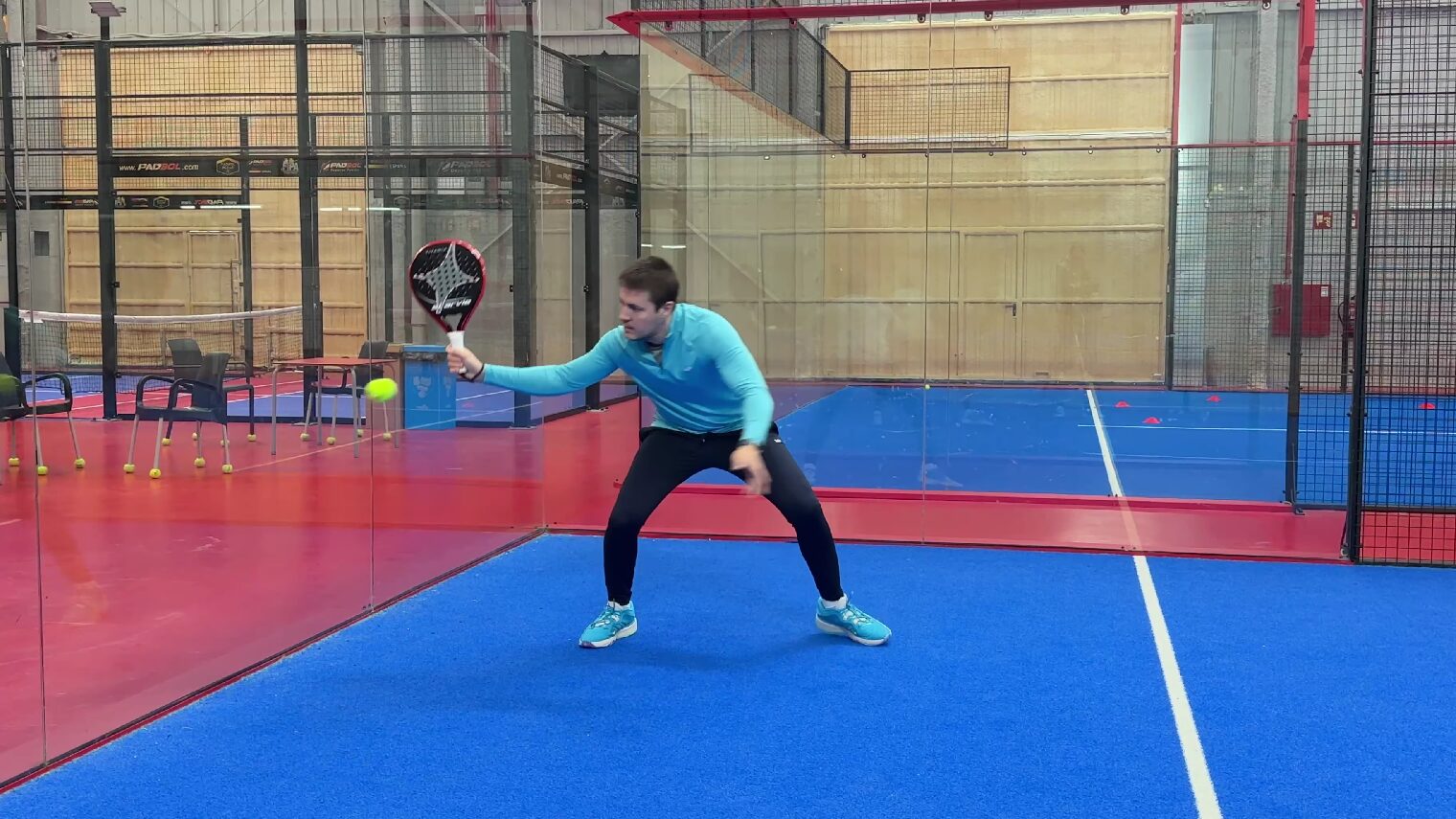 At the heart of padel – Episode 23: defend the window well
At the heart of padel – Episode 23: defend the window well Prohibition on playing topless Padel : the reasons
Prohibition on playing topless Padel : the reasons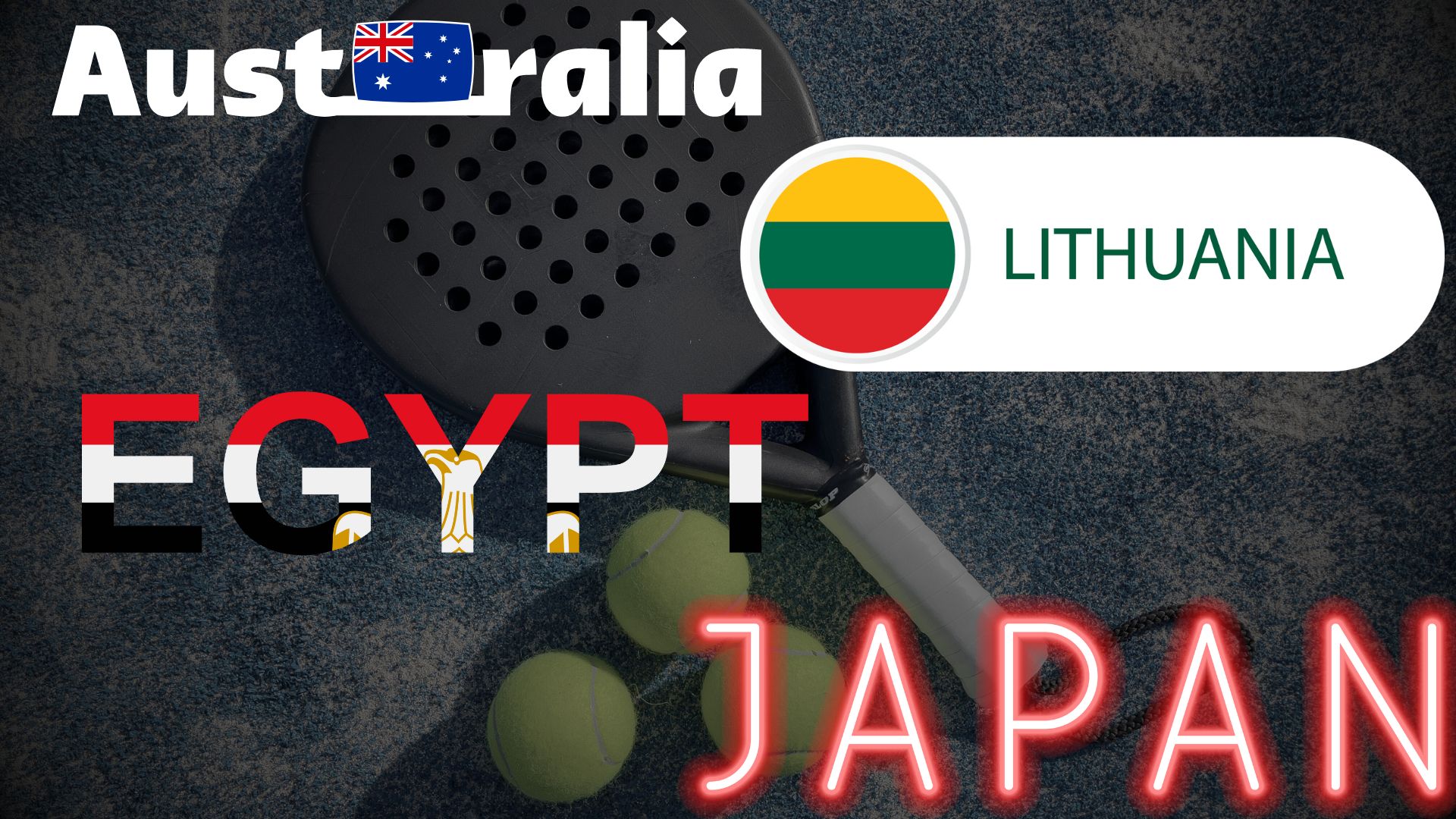 FIP Tour – Going far from Europe, THE strategy to earn points!
FIP Tour – Going far from Europe, THE strategy to earn points!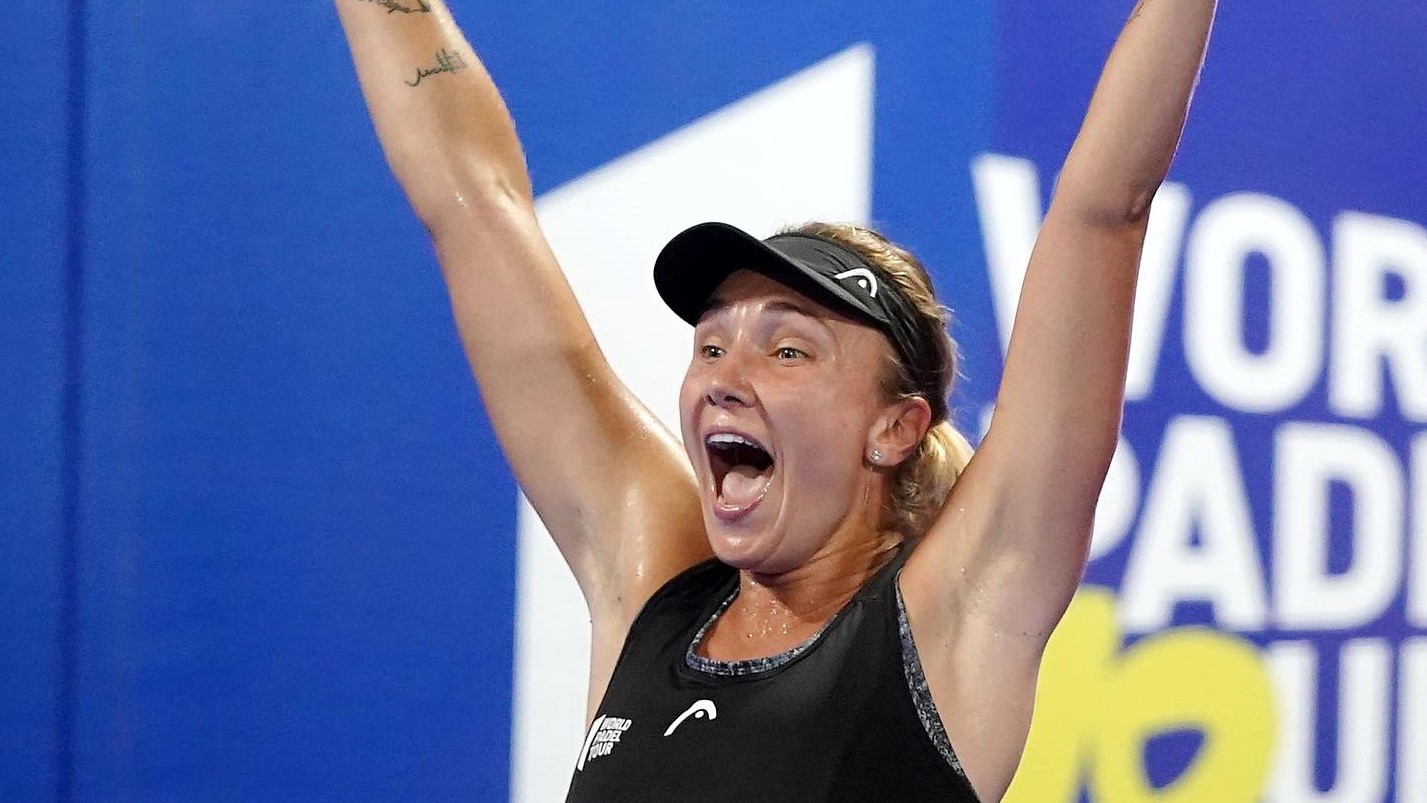 What is a good football player? padel ?
What is a good football player? padel ? “Lefties give me headaches when I play against them!”
“Lefties give me headaches when I play against them!” At the heart of padel – Episode 14: how to earn points in winter?
At the heart of padel – Episode 14: how to earn points in winter?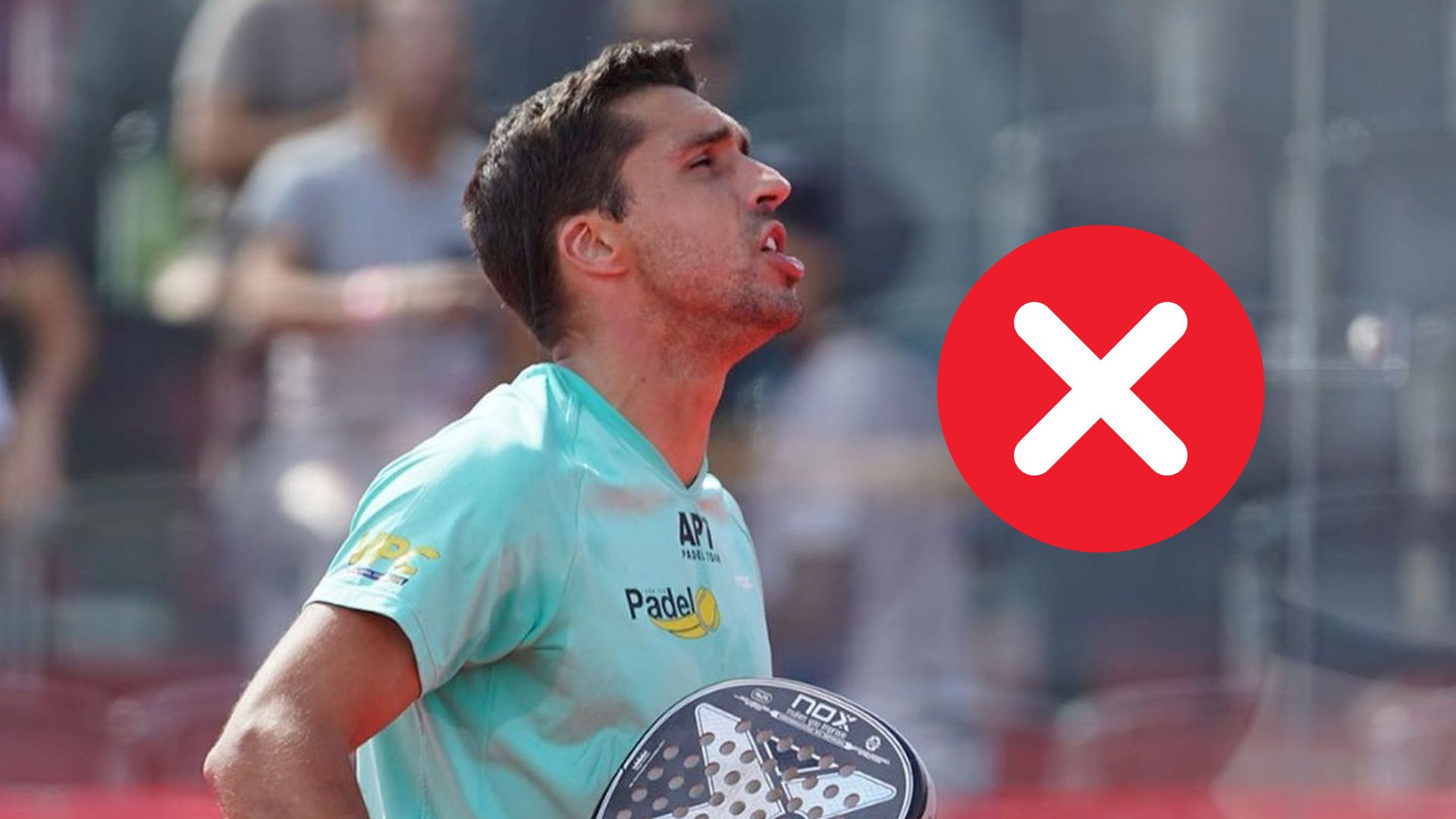 A par 4 is always a winner...even if you manage to defend it!
A par 4 is always a winner...even if you manage to defend it!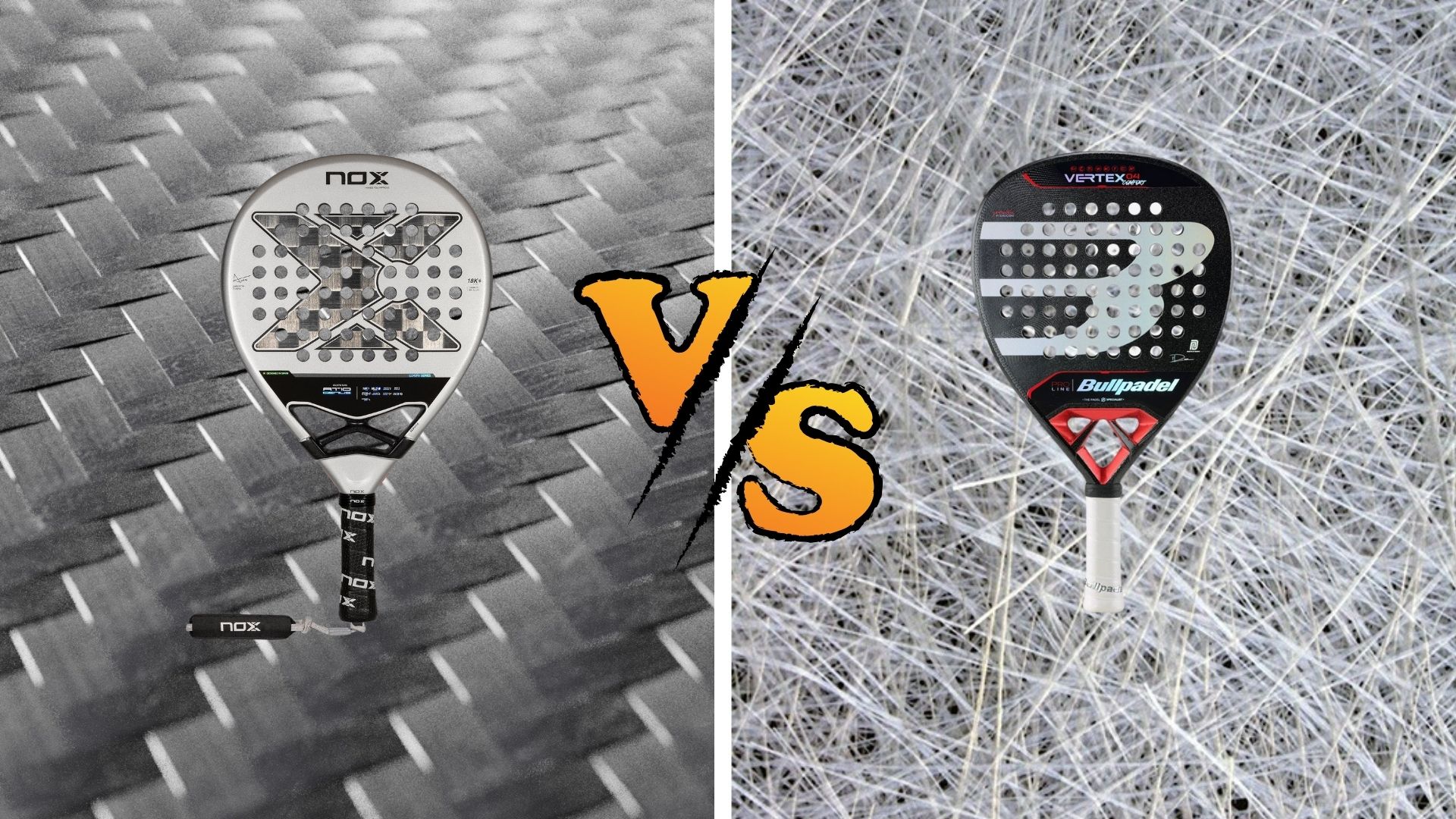 Carbon fiber VS fiberglass: what to choose?
Carbon fiber VS fiberglass: what to choose?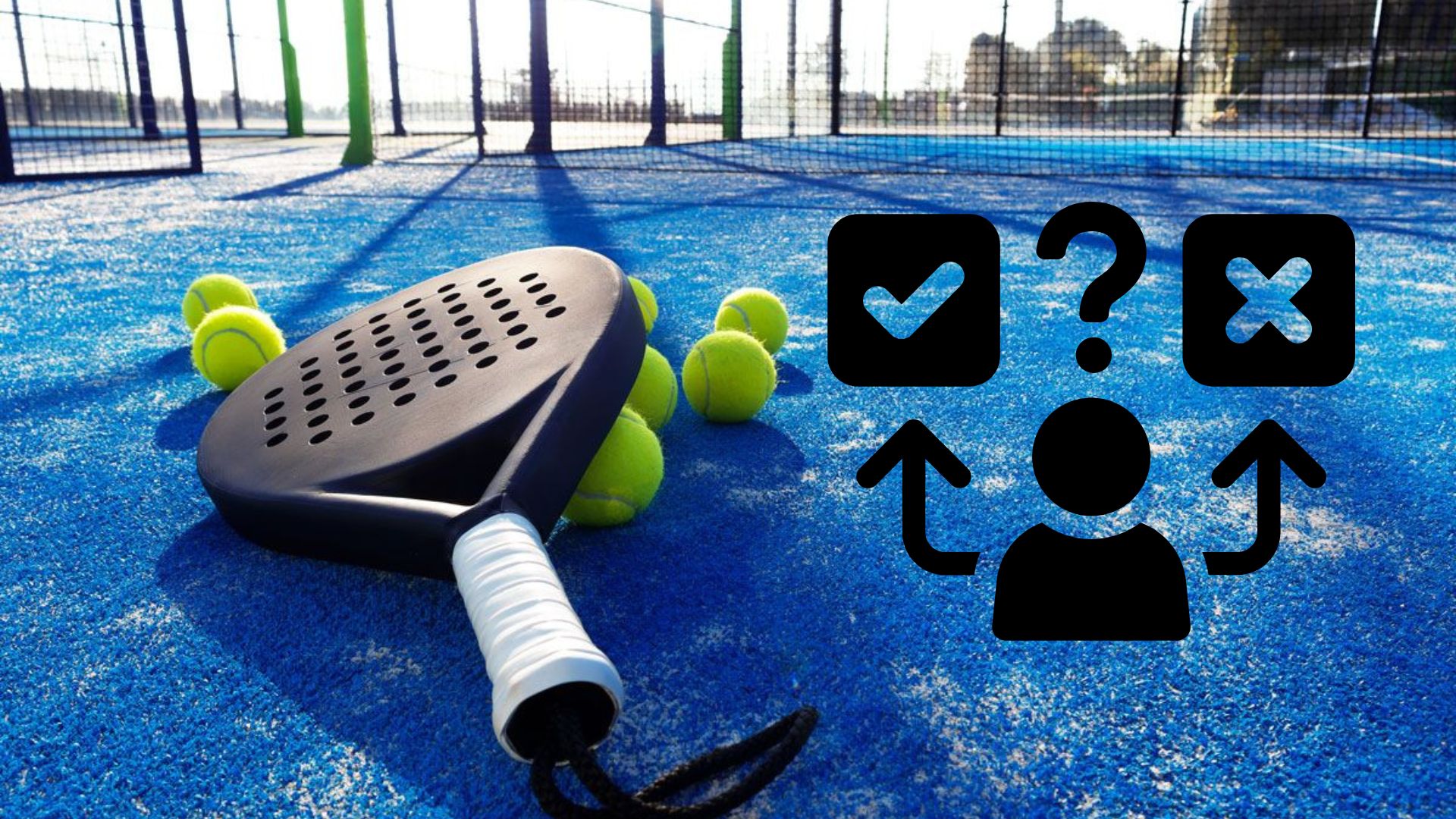 How to effectively test a racket padel ?
How to effectively test a racket padel ?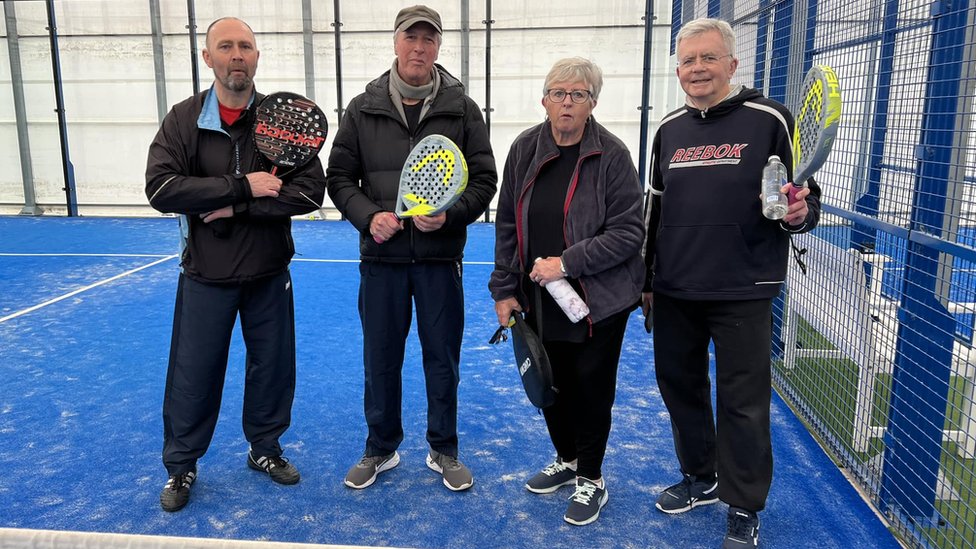 La padel to fight Parkinson's disease
La padel to fight Parkinson's disease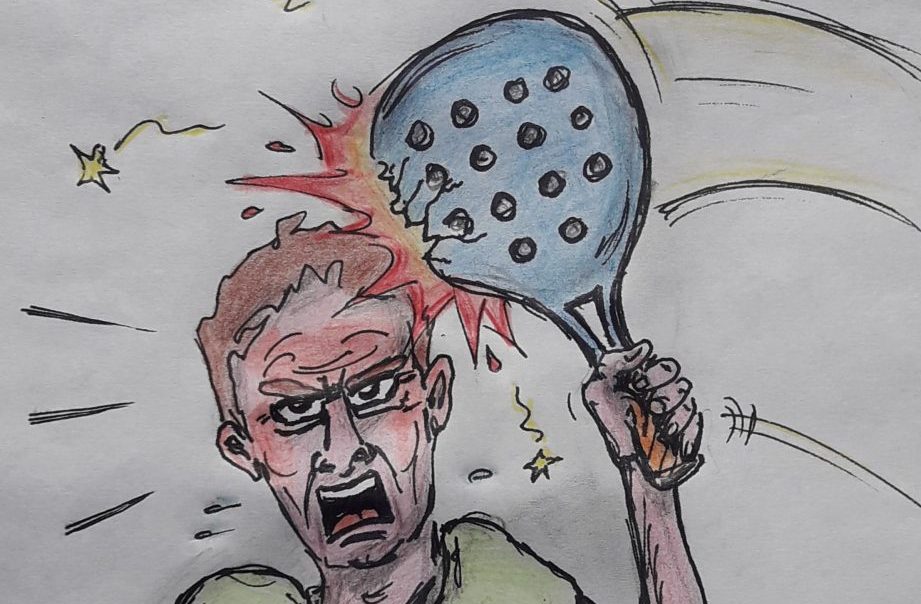 Don't play with a cracked or broken racket, your body will thank you!
Don't play with a cracked or broken racket, your body will thank you! Michel Cymes: “The padel, physically, it’s serious!”
Michel Cymes: “The padel, physically, it’s serious!” Jeremy Gala: “Promote the padel among young people in Belgium remains a challenge”
Jeremy Gala: “Promote the padel among young people in Belgium remains a challenge” The French Touch Academy organizes its selection day Padel-Study
The French Touch Academy organizes its selection day Padel-Study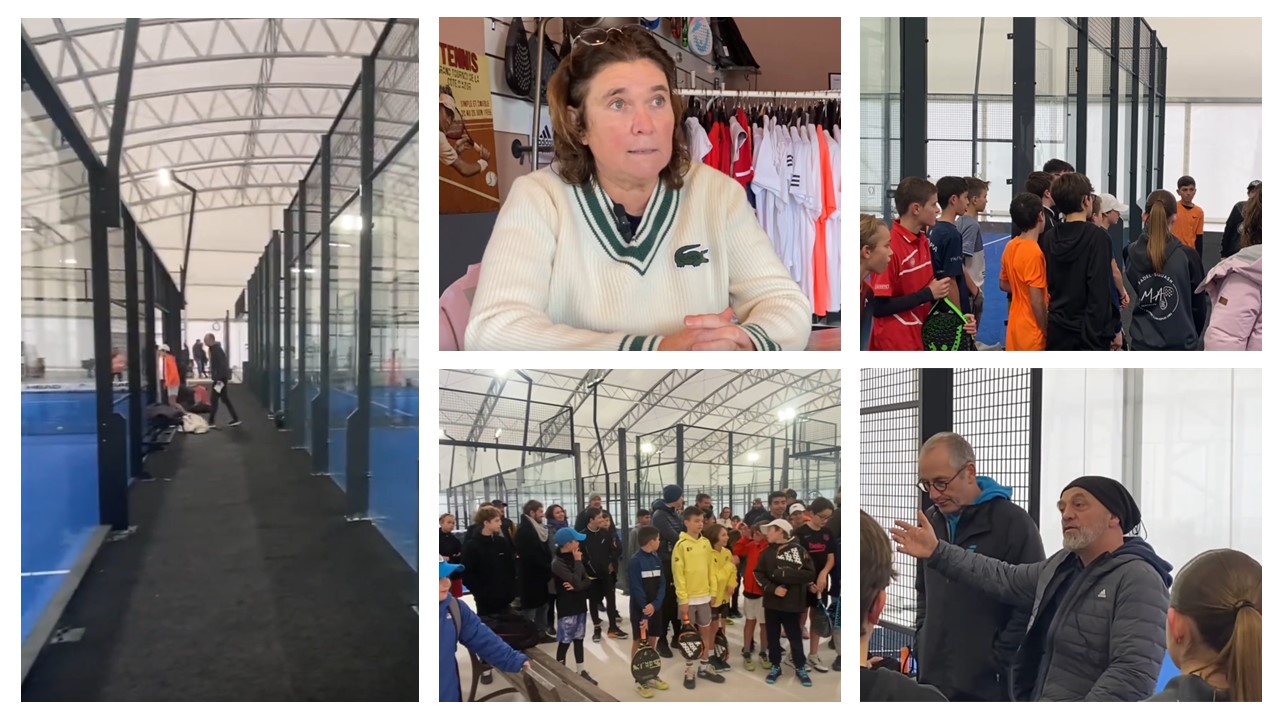 Report on the detection and training of younger generations
Report on the detection and training of younger generations